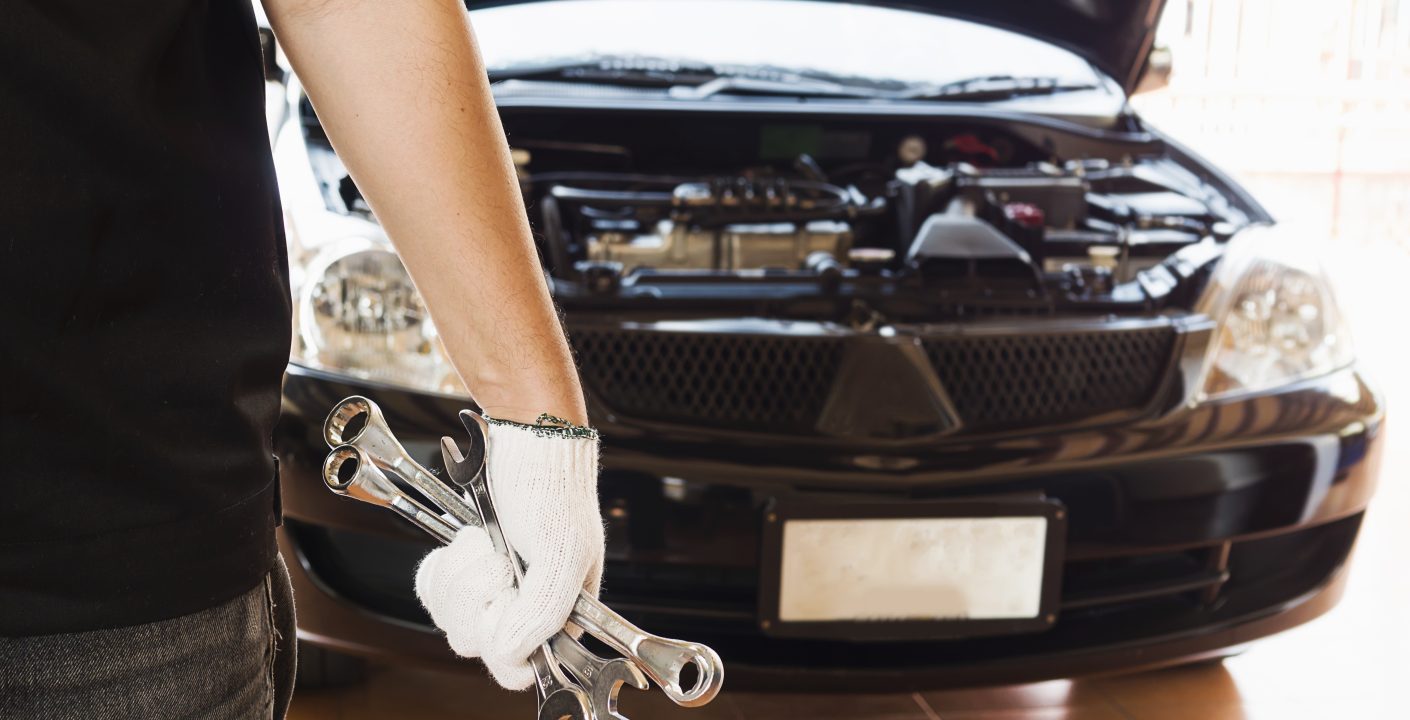Your car’s fuel filter may be a small component, but it plays a vital role in maintaining engine performance and longevity. Acting as a gatekeeper, the fuel filter ensures that only clean fuel reaches your engine, protecting it from dirt, rust, and other contaminants that can cause significant damage. Let’s explore why fuel filter maintenance is crucial, signs it’s time for a replacement, and tips for keeping this essential part in top condition.
Why is Fuel Filter Maintenance Important?
Fuel filters are designed to remove impurities from the fuel before it enters your engine. Over time, contaminants like dirt, rust, and debris can accumulate in your fuel tank. Without a functioning fuel filter, these impurities can:
- Clog Fuel Injectors: Contaminants can block the tiny openings in fuel injectors, disrupting the fuel flow and causing poor engine performance.
- Damage Engine Components: Abrasive particles in the fuel can wear down engine parts, leading to costly repairs.
- Reduce Fuel Efficiency: A clogged fuel filter forces your engine to work harder, increasing fuel consumption.
- Cause Starting Problems: Restricted fuel flow due to a dirty filter can make it difficult for your car to start.
Regular maintenance of your fuel filter ensures a steady supply of clean fuel, optimizing engine performance and preventing breakdowns.
Signs Your Fuel Filter Needs Replacement
While fuel filters are designed to last for a considerable amount of time, they can become clogged or worn out. Here are some common signs that it’s time to replace your fuel filter:
- Difficulty Starting the Engine: If your car struggles to start, a clogged fuel filter might be restricting the fuel supply.
- Reduced Engine Performance: Poor acceleration or a lack of power during driving could indicate fuel delivery issues.
- Frequent Engine Misfires: Contaminated fuel can cause irregular combustion, leading to engine misfires.
- Decreased Fuel Efficiency: A blocked filter can force the fuel pump to work harder, increasing fuel consumption.
- Check Engine Light: In some cases, a clogged fuel filter can trigger the check engine light.
How to Maintain Your Fuel Filter
Maintaining your fuel filter is relatively simple and can save you from costly engine repairs. Follow these tips:
- Know Your Replacement Schedule: Check your car’s owner’s manual for the recommended interval for fuel filter replacement. Typically, it’s every 20,000 to 40,000 miles, but this can vary by vehicle and driving conditions.
- Use Quality Fuel: Filling up at reputable gas stations reduces the risk of contaminated fuel.
- Inspect During Routine Maintenance: Ask your mechanic to check the fuel filter during regular service appointments.
- Replace When Necessary: Don’t delay replacing a clogged or worn-out fuel filter. Timely replacement ensures optimal performance.
DIY vs. Professional Replacement
Replacing a fuel filter can be a DIY task for those with mechanical experience, but it requires proper tools and knowledge. Since the fuel system is pressurized, improper handling can lead to spills or other safety hazards. If you’re unsure, it’s best to leave this job to a professional mechanic.
Fuel filter maintenance is a small yet significant step in keeping your car’s engine healthy and efficient. By ensuring your fuel filter is clean and functional, you can enhance performance, reduce the risk of costly repairs, and extend the life of your vehicle. Make fuel filter maintenance a priority, and your car will thank you with smooth, reliable performance.



